Regulatory Affairs Committee (RAC) Newsletter – State Round Up
April 22, 2022
Packaging-Connected PFAS Use, Extended Producer Responsibility (EPR) and Product Labeling
As we approach the end of April, TLMI continues to follow state legislative activity with the potential to impact the tag and label supply chain and their broader supply chain and customer bases. Only eight states have will have their legislatures in session past June 30th, with much of that time in recess until they close at the end of the year.
Here are some of the legislative initiatives that have moved since our last update.
California continues to look at a variety of legislation with the potential to impact the tag and label industry. Assembly Bill 2247, would establish a publicly accessible reporting platform to collect information about PFAS and products or product components containing regulated PFAS. The clearinghouse database would be in place by March of 2024. This bill is currently in its initial Committee hearings.
Senate Bill 1097 would require all cannabis products, other than those for topical use, to include a warning label that covers at least 1/3 of the front or principal face of the product, using the largest practical font type possible (in bright yellow), and include a pictorial or graphic element, along with an approved warning to the consumer. SB 1097 is scheduled for its second Senate Committee hearing the week of April 18th. Please note – while the US Congress is currently considering legislation to change federal banking regulations to permit some cannabis and marijuana financial transactions, these laws remain in place for the time being.
Also active in-state on the labeling front is Senate Bill 1232 which would slightly expand on-product label eligibility for those products making biodegradable, degradable or decomposable claims, should certain environmental markers be met. SB 1232 is scheduled for a hearing on April 25th.
Maryland Senate Bill 273, addresses PFAS use, including its incorporation as an input for package various components, specifically labels, inks and adhesives. SB 273 continued earlier Committee progress, passing both legislative chambers. On April 20th, Governor Hogan signed the legislation into law.
SB 273 prohibits the manufacture of, or knowingly offering for sale or distribution in state, paper-based food or beverage packaging containing PFAS that is designed and intended for direct food contact. The “direct food contact” clause was included in the final version of the legislation. The PFAS restrictions are effective beginning January 1, 2024.
New York Governor Kathy Hochul removed EPR and PFAS-prohibition packaging provisions from the state’s final budget bill, with both measures expected to receive consideration under the normal legislative process.
The recent state activity surrounding permissibility of PFAS use in packaging coincides with the US EPA’s announcement in late March that the agency would be removing two additional PFAS classes from its Safer Choice Program, in an effort to reduce exposure to consumers.
Finally, the Hawaii legislature has moved forward legislation (House Bill 2399-SD 1) that would create a funding base for a future Extended Producer Responsibility (EPR) program funding. While both Oregon and Maine last year passed detailed EPR bills with outlined requirements for packaging reduction, reuse, producer responsibility organization responsibilities and connected brand/producer fee structures, the centerpiece of the Hawaii bill is a $150 per ton fee on larger importers of “fast moving consumer products”, which covers traditional food and beverage product categories. TLMI will continue to follow the legislation, which has passed both chambers, and inform members of future implications for the tag and label industry.
As always, the information provided in TLMI’s RAC Newsletter should not be construed as legal guidance. If you have questions on the legislation or initiatives highlighted, please contact Bryan Vickers, bvickers@pacellp.com, 703-403-2882 for more information.


